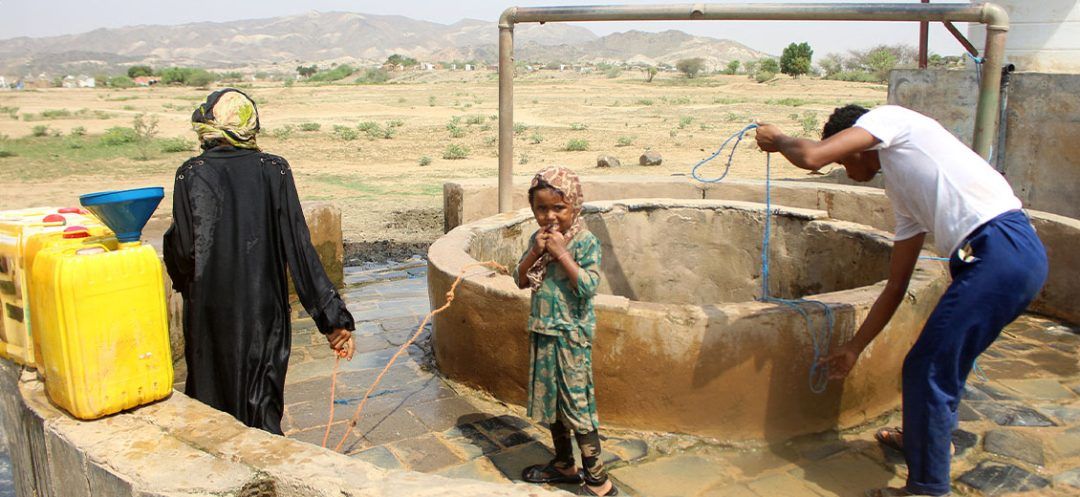- Home
- Middle East
- Cholera in Yemen: The Impact of Houthi Silence on a Growing Epidemic

© ESSA AHMED / AFP
Obstruction of humanitarian aid, lack of sanitary and medical infrastructure... In an interview with This Is Beirut, Ahmed Benchemsi, Advocacy and Communications Director for the Middle East and North Africa (MENA) division at Human Rights Watch, discusses the causes and consequences of the cholera epidemic currently affecting Yemen.
Almost 95,000 cholera cases have been reported in Yemen the last six months. How can such a high number be explained?
According to our sources within the Yemen Health Cluster, a group of humanitarian organizations under the aegis of the World Health Organization (WHO), there are indeed about 95,000 suspected cholera cases in Yemen today, with more than 250 deaths. The UN Office for the Coordination of Humanitarian Affairs warns that by September, the number could reach between 130,000 and 255,000 cases, likely with a high death toll.
Cholera spreads primarily through contaminated water and improperly washed fruits and vegetables. Yemen is just beginning to emerge from nearly a decade of civil war, during which much of its medical, sanitary and water treatment infrastructures were destroyed. Today, 18 out of the 30 million inhabitants are in urgent need of humanitarian assistance. This, combined with a very high level of malnutrition and a very low vaccination rate, paved the way to the spread of cholera.
In your opinion, why have the Houthis refused to publicly acknowledge the existence of such an epidemic?
The Houthis first observed signs of cholera as early as November 2023 but refused to admit the existence of this crisis until March, when they began sharing some information with humanitarian agencies. However, to this day, they refuse to publicly acknowledge the epidemic. Houthi authorities have even pressured UN agencies and various humanitarian organizations to stop publishing information about the number of cholera cases. Since April 30, the WHO has been unable to release new data.
In the southern part of the country, under the control of the Yemeni government and the transitional council, the response to the epidemic has been more rapid. They have cooperated with humanitarian agencies by setting up clinics and providing medication. However, they have also given clear instructions not to use the word "cholera" publicly. According to a humanitarian worker, the authorities fear being held accountable for the epidemic. Yet cholera is a completely preventable disease if treated early enough. The medicines are known and available. But when people are unaware that there is an epidemic, they don't immediately think to go to the hospital. They only do so when symptoms worsen, and by that stage, it is often too late. The lack of information, therefore, has a direct impact on the spread of the epidemic.
How have the detention and threats against humanitarian workers affected the work of NGOs?
The immediate consequence for these organizations, whose assistance is crucial, is that they begin to think, "We can't operate in a country where our staff might be arrested without knowing why." As a result, some are reducing their activities on the ground, while many others are seriously questioning whether it is possible to continue working in Yemen. In the midst of an epidemic, with a lack of information and sanitary infrastructure, this is the last thing Yemenis need.
Read more



Comments